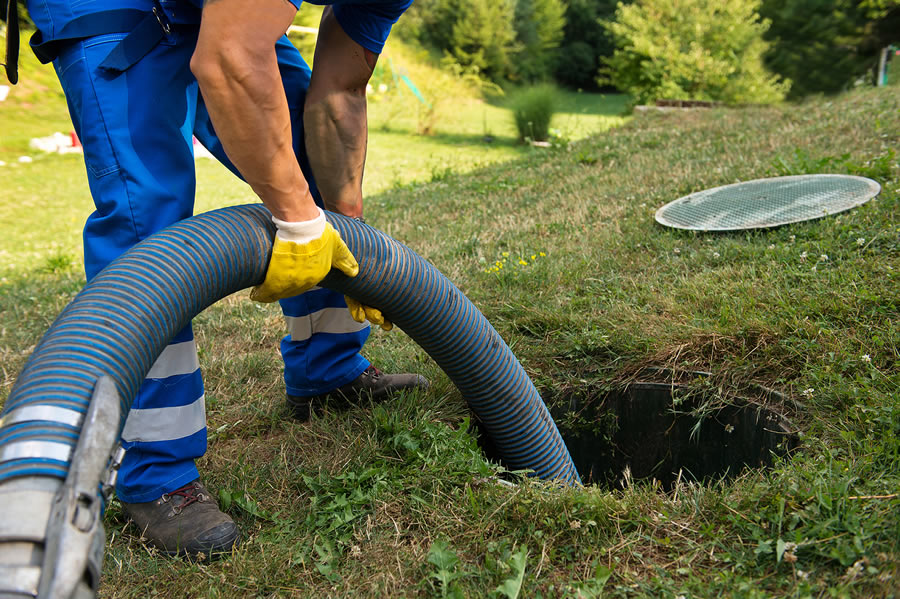
As a responsible homeowner, you may have come across various septic tank additives that promise to enhance the performance of your system. While these additives can offer benefits, they raise the question of whether you need septic tank pumping while using these additives. Let's delve into this topic and explore the key factors involved in septic system maintenance.
Septic tank additives are chemical or biological products designed to break down organic waste and improve the overall efficiency of the septic system. These additives are often marketed as solutions to common septic tank problems, such as odors, clogs, and slow drainage. They claim to introduce beneficial bacteria into the system, aiding in the decomposition of solids and reducing the need for septic tank repair.
Regular septic tank pumping is an essential aspect of proper septic system maintenance. Over time, solids and sludge accumulate at the bottom of the tank, reducing its effective capacity. If not pumped out periodically, these accumulated solids can lead to clogs, backups, and even system failure. Pumping the tank removes the excess waste and prevents these issues from occurring.
The question of whether you need to pump your tank if you use additives is a complex one. While additives can provide benefits, they are not a substitute for septic tank pumping. Additives are not a guaranteed solution to prevent the need for pumping, and relying solely on them could lead to more significant problems down the line.
Septic tank additives may help enhance bacterial activity and improve the breakdown of organic waste. However, they do not eliminate the need for removing accumulated solids from the tank. Even with the use of additives, the solids will continue to build up over time. Therefore, regular septic tank pumping remains a critical part of your system's maintenance routine.
Several factors come into play when determining the frequency of septic tank pumping and the role of additives.
To maintain a healthy septic system, it's recommended to follow these best practices.
While septic tank additives can contribute to the health and efficiency of your septic system, they are not a substitute for regular pumping. Proper maintenance of your septic tank involves a combination of additive use and scheduled pumping. Neglecting the importance of pumping can lead to costly repairs, backups, and potential system failure. By striking a balance between additive use and pumping, you can ensure the longevity and effective operation of your septic system, providing peace of mind for years to come.